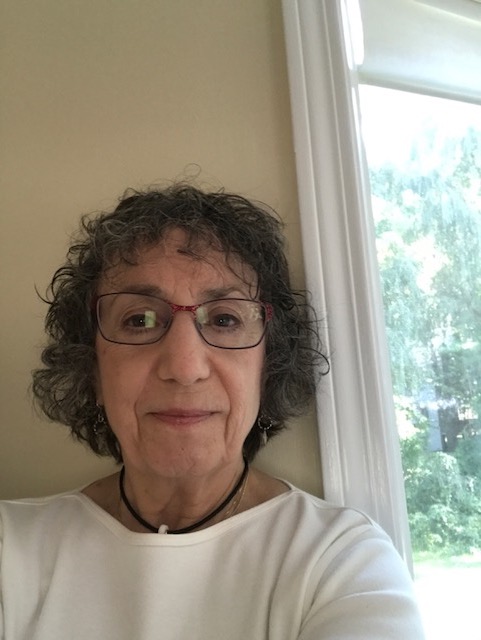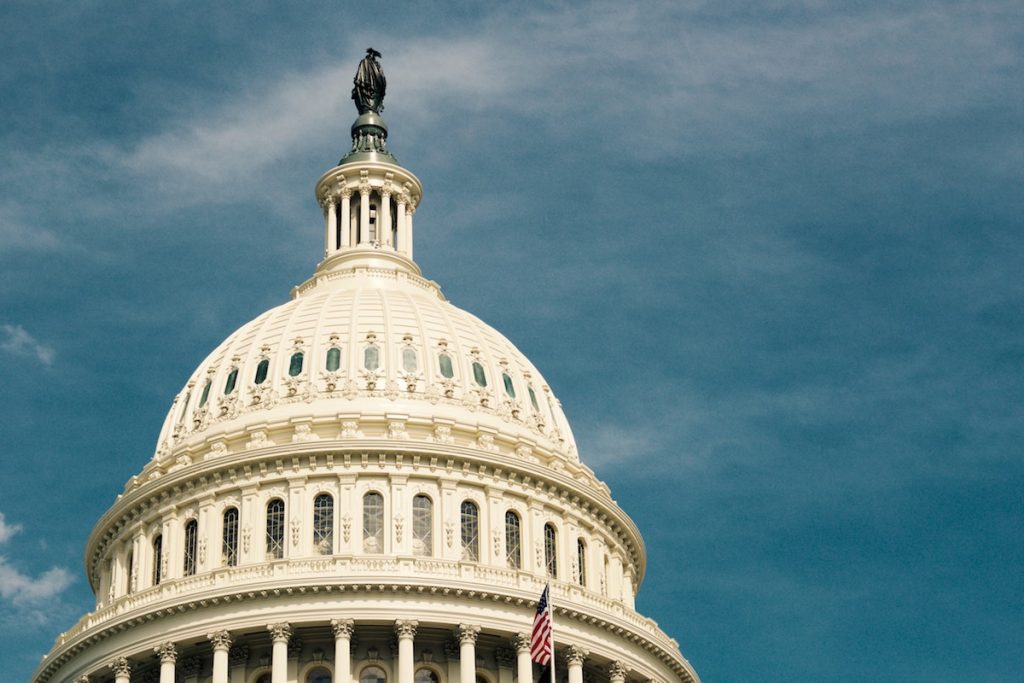Volunteering in political campaigns was something I’d done for decades. But it was only after moving to New Hampshire—where we take our role as holding the first presidential primary every four years very seriously—and working on Howard Dean’s presidential campaign that I was inspired to run for a seat in the state legislature.
In November 2004, after campaigning hard and knocking on a lot of voters’ doors, my effort for a seat in the New Hampshire House as a Democrat in my district was not only a success but also an upset.
I’m now serving in my fifth and final term. It wasn’t until 2007, though, that my life intersected with Buddhism. I started meditating, attending retreats, and, when the right teacher appeared, I took refuge. As far as I know, I’m the lone Buddhist in our unique 400-member House that we call a “citizen legislature” (and are compensated at $100 per year).
Walk into any American sangha gathering, and you’ll likely find social workers, hospice volunteers, psychologists, nonprofit employees, and others who work or volunteer in helping professions. But how many elected officials will you find? Federal, state, and local governments and municipal boards might function a lot differently if we had more Buddhists serving in positions.
I can hear you saying, “No, not me. I can’t do that!” But, yes, I’m talking to you. This is the time, and I’ll tell you why.

In environmental activist and Buddhist scholar Joanna Macy’s retelling of the 12th-century Shambhala Warrior’s Prophecy, bodhisattvas [those who strive to reach enlightenment for the sake of all beings] are called to action “in a time when life on earth is in danger . . . when the future of all beings seems to hang by the frailest of threads.” “Go into the corridors of power where decisions are made and dismantle the weapons” with compassion and wisdom, Macy says.
We need more bodhisattvas in the corridors of power. Now.
When I enter the state house complex, my practice enters with me. In this heightened partisan environment, which is a microcosm of Washington, DC, my elusive state of equanimity gets tested to the max. And so do my attempts at generosity, compassion, and seeing buddhanature in each of my colleagues. Yet, this is the practice.
As the dharma took root in me, I found myself being less habitually reactive, doing less eye rolling, and listening more deeply when colleagues planted their feet on opposite sides of an issue. When I’ve taken the losing side on a contentious bill and believed its passage would harm many residents, as disappointed as I might have been with the result, there was only one lesson to go forward with: start where you are.
Obviously, you don’t have to be a Buddhist to make a positive difference in the lives of others. But with the Mahayana intention of being of benefit to all beings, there are many levels of civic service in which practitioners can bring their practice to the table and change the debate—or at least create a valuable pause in the discussion, a space in which all can feel heard with respect and without judgment.
Sometimes a tranquil presence, sprinkled with comments sprung from compassion and insight, changes the whole tone of a debate. Advocating calmly for or against an issue without disparaging your “opponent” can turn a discussion from contentious to thoughtful.
You can’t talk about engaged Buddhism without talking about ego, or our concept of the self.There are fewer environments in which egos are more prominent than in politics, whether local, state, or national. This is not to say that the biggest egos always win or that you need a strong one to navigate the corridors of power. You do, however, need passion about your chosen issues.
Through Buddhist teachings we practice dropping our ego and our habitual reactivity. On a practical level in my work, for example, I don’t advocate for “my bills,” but rather for ideas that I believe will improve lives. Along with the “wins,” there are also disappointing outcomes. You fight for your beliefs, but you don’t own the only solution, and you won’t always win. Then you start where you are and work from there, modeling a way of being that reflects a different kind of powerful presence than a narcissistic one.
In some states, running for a seat in the legislature may necessitate raising a lot of money; in others, not so much. If you want to run for any office, you need to have a good answer ready when you’re asked why you’re running. You can start by attending meetings of your local party committee and getting known. Find out what the district map looks like and see if you feel up to running that level of a campaign. The same is true for a more local elected position, such as on the city council or education board.
Most cities and towns also have commissions where members are appointed instead of elected. Do some sleuthing to find out what they are and which one aligns with your passion. Conservation commission? Planning or zoning board? Library trustee?
Start attending meetings and participating in the public part of the discussion, which might mean offering prepared testimony or a simple statement of support or disagreement. Make yourself known to party officers or the person who appoints or nominates board members (often your mayor). Submit thoughtful letters to the editor in your local newspaper.
If your interest has been sparked here, think about the prophecy and then meditate, as I often do, on Green Tara, with her one leg extended, ready to step out into the world, engaging with fierce compassion and wisdom to help wherever needed.
A few years ago, after I’d been out of the legislature for a while but was thinking of running again, my teacher said something that really struck me: everything changes when a practitioner is in the room.
It’s difficult for me to confirm if I’ve personally have had an effect like that. I do know, though, that while standing strong for the issues important to me, by not being distracted, by keeping my reactivity in check, and by being present to my colleagues and to the citizens who come to my committee to testify, I’ve successfully helped move some important bipartisan initiatives with the ongoing wish to be of benefit to all. Let me know if you’re ready!
Connect with Harvey and other Buddhists who are activists or hold public office on the private Facebook page “Buddhists in Politics”
Thank you for subscribing to Tricycle! As a nonprofit, we depend on readers like you to keep Buddhist teachings and practices widely available.
